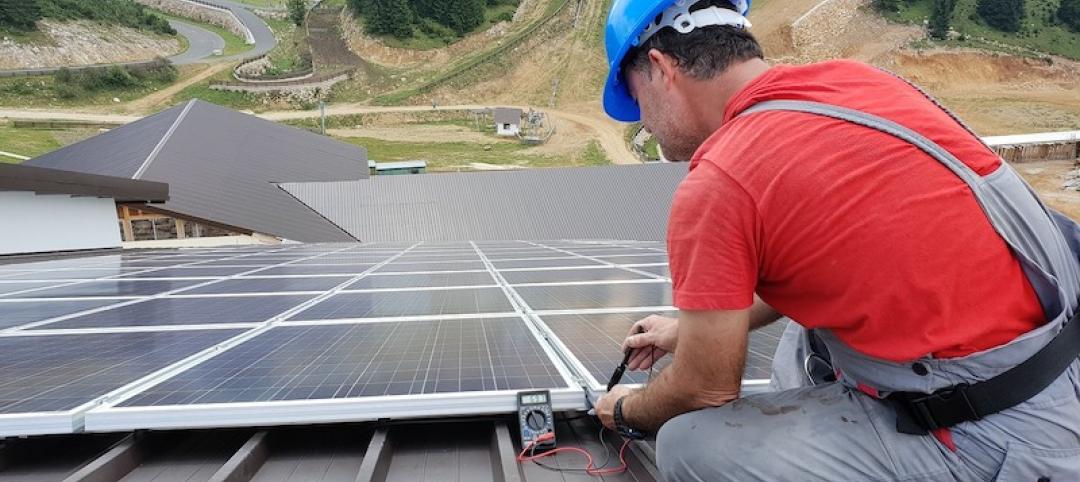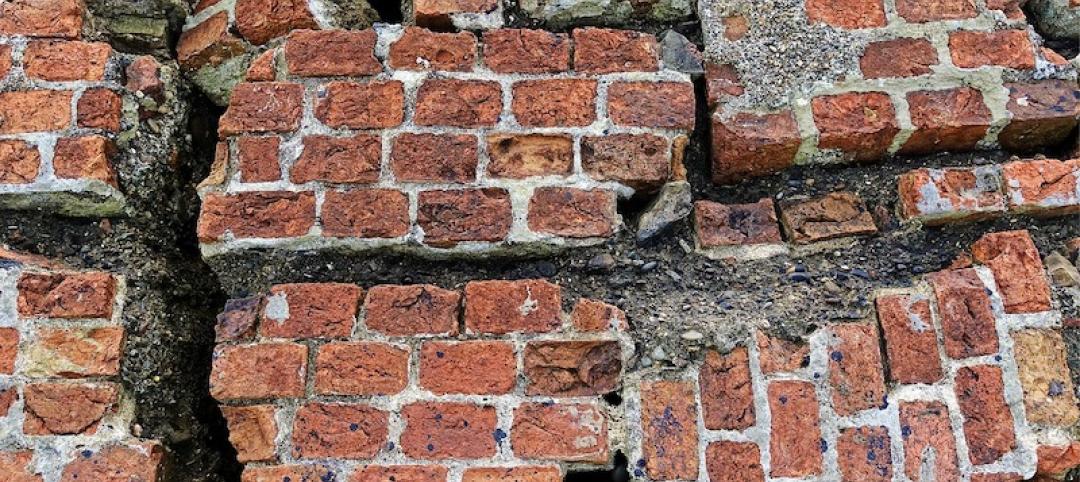The Washington D.C. Council recently passed legislation that will make it more expensive for owners to hold vacant or blighted property.
The Vacant Property Enforcement Act of 2016 reduces the maximum amount of time a vacant property can qualify for an exemption from higher vacancy tax rates. It also closes a loophole that allows continuous renewal of construction permits to qualify for tax exemptions, and require owners of vacant properties to prove they are no longer subject to the higher tax rates.
"The District has a substantial number of vacant properties, many of which are poorly maintained,” the bill report says. "Property owners may keep their properties vacant or fail to maintain them because they expect property values to rise over time. Poorly maintained and vacant properties can damage surrounding communities by being eyesores, by serving a venue for drug use and by providing a home for rodents or other animals. The net effect is to reduce the feeling of a cohesive community and depress surrounding property values."
The legislation reduces the time an owner can claim an exemption from higher taxes because of construction to one year for residential properties and to two years for commercial properties. Fines for failing to comply with city property regulations will rise from $1,000 to $5,000.
Related Stories
Codes and Standards | Mar 23, 2020
Contractors should scrutinize contracts carefully amid Covid-19 crisis
Compliance with time-sensitive notice requirements and careful documentation required.
Codes and Standards | Mar 23, 2020
Florida legislature passes bill to reduce retainage on state and local projects
House and Senate vote is nearly unanimous; law would go into effect Oct. 1.
Codes and Standards | Mar 20, 2020
Feds prod use of eminent domain to force people out of flood-prone homes
Local officials that don’t comply could lose federal money to combat climate change.
Codes and Standards | Mar 19, 2020
ASHRAE provides COVID-19 resources for operating, maintaining HVAC systems
Includes recently approved position document on Airborne Infectious Diseases.
Codes and Standards | Mar 19, 2020
CaGBC launches new version of its Zero Carbon Building Standard
Version 2 draws on lessons from more than 20 zero carbon projects.
Codes and Standards | Mar 16, 2020
Concrete industry reduces carbon footprint by 13% over five years
Result mostly due to more efficient use of Portland cement.
Resiliency | Mar 13, 2020
Feds push use of eminent domain to force people out of flood-prone homes
Local officials that don’t comply could lose federal money to combat climate change.
Codes and Standards | Mar 12, 2020
Design guide for sloped glazing and skylights updated for first time in 30 years
Helps with choosing proper glass for non-residential applications.
Codes and Standards | Mar 11, 2020
Two tree species native to the Northeast found suitable for CLT
Eastern white pine and eastern hemlock pass strength testing.
Codes and Standards | Mar 10, 2020
Prescient receives ICC certification for seismic resilience system
Technology suitable for buildings up to 12 stories in earthquake-prone areas.

















